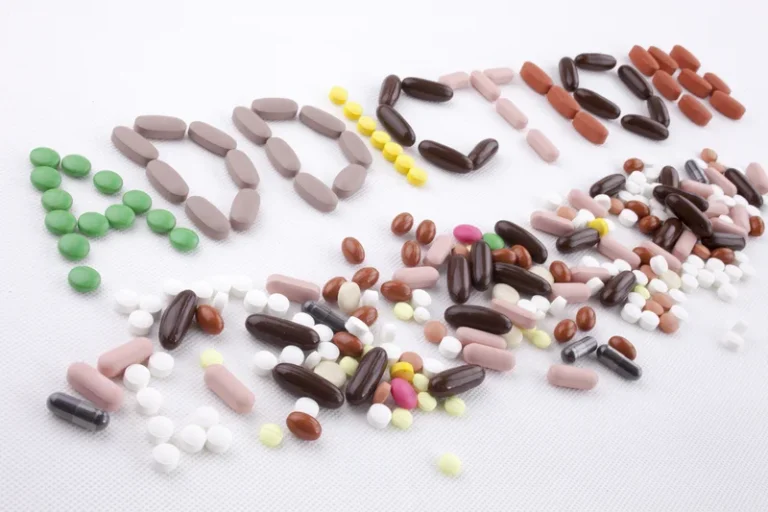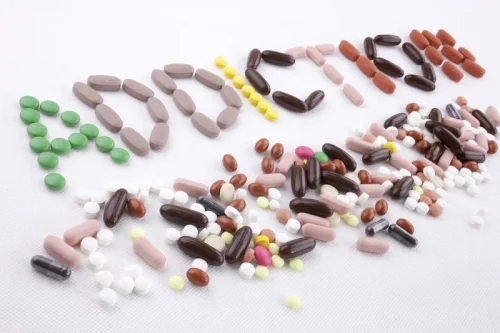Alcohol’s Impact on Depression: Risks and Recovery

Certain medications and types of antidepressants include stimulants to assist in getting a person back to their normal daily activity. Depressive disorders result in symptoms that cause serious reductions in a person’s ability to engage in activities of daily living (ADLs). These ADLs can be as complex as engaging in work activities to tasks as simple as getting out of bed. Having an extra drink or two once in a while doesn’t automatically translate to heavy drinking.
Commonly Treated Addictions
If you are struggling with depression, don’t exacerbate your depression symptoms with alcohol. And if you are struggling with both depression and alcohol abuse, find a dual diagnosis treatment center that can help you make a full recovery from both disorders. Drinking persistently and excessively can increase your risk of developing a major depressive disorder. It can also aggravate symptoms of pre-existing depression and endanger your health and mental health.
Major Depressive Disorder (MDD)
However, treatment can be super effective in treating the effects of alcohol on depression. The actual pathways leading to the overall development of the co-occurring depressive disorder and an AUD are intertwined and complex. Some individuals might present to be susceptible to both alcohol and depression.
- But if you’re suffering from depression, think again before reaching for a drink.
- Alcohol acts as a depressant through its interaction with the brain’s neurotransmitters, which are chemicals that transmit signals in the brain and nervous system.
- From a neurocognitive standpoint, alcohol significantly impacts many of the neurotransmitters (brain chemicals) that oversee our emotional well-being.
- Whether through inpatient care at our treatment center or support groups like Alcoholics Anonymous, we help you take steps toward healing.
Outpatient Treatment (PHP/IOP)
Finally, positive social interaction, as a form of social support, might increase engagement in positive activities, which can reduce depressive symptoms (Hopko, Lejuez, Ruggiero, & Eifert, 2003). While it’s common to experience a hangover or feel does alcohol make depression worse a bit sluggish after drinking alcohol, for some people, alcohol consumption can exacerbate depressive symptoms. Alcohol affects the brain’s chemistry, and its depressant effects can intensify feelings of sadness and hopelessness, particularly in those already dealing with depression.
Why You Feel Depressed After Drinking and How to Handle It
In contrast, prolonged alcohol use disrupts brain chemistry, exacerbating depressive symptoms and increasing the risk of relapse if both conditions are not treated together. Integrated treatment approaches, combining therapy, such as cognitive behavioural therapy (CBT), with medications like antidepressants and alcohol-craving reducers, offer the best chance for success. Holistic strategies, including lifestyle changes like exercise and mindfulness, further support brain and emotional healing, while aftercare programs and support networks provide long-term accountability. The connection between alcohol misuse and depression often fuels a destructive cycle.

- None of these physical symptoms contribute to your mental health and positive state of mind.
- It could be the issue of cost or even seen as a perceived character flaw.
- Alcohol overstimulates dopamine pathways, creating short-term euphoria but over time depleting this system, which contributes to feelings of anhedonia and depression.
- It’s a question many people have asked themselves upon waking up and feeling low after a night of drinking — both physically and mentally.
- Antidepressants focus on treating the dopamine, serotonin, and norepinephrine neurochemical receptors by promoting increased chemical balance within the brain.
- But drinking too much over stimulates GABA, causing drowsiness, blackouts, memory loss, unconsciousness, and in some cases, coma.
A new CNN poll conducted by SSRS released Friday finds that half of US adults say that moderate drinking is bad for health, more than double the share who said the same two decades ago. Women and adults younger than 45 are more likely than men and older adults to say that moderate drinking is bad for health, as were Democrats and independents. The TLFB is a semi-structured interview that uses a calendar-guided approach (Fals-Stewart, O’Farrell, Freitas, McFarlin, & Rutigliano, 2000) to assess alcohol use in the past 30 days.

For example, having a family member with an alcohol use disorder is a risk factor for both depression and alcohol use disorder. Emerging research has found that there is a genetic link between AUD and depression. If you’re concerned alcohol has become your go-to method of managing negative feelings like depression, there’s no shame in reaching out for support. According to the National Institute on Alcohol Abuse and Alcoholism, moderate drinking means one drink per day for women and two drinks per day for men. Alcohol https://ecosoberhouse.com/ can affect the areas of your brain that help regulate emotions. You might start drinking in order to forget what’s on your mind, but once the initial boost begins to wear off, you might end up wallowing in those feelings instead.
How to Break the Cycle
- The “burst” of energy from alcohol can be a welcome relief against some symptoms.
- Dual diagnosis treatment integrates strategies from both alcohol treatment and depression treatment to provide comprehensive care.
- Drinking, at least in moderation, was once seen as a harmless—or even healthy—indulgence that could strengthen your heart and even lengthen your lifespan.
- It offers a more comprehensive understanding of how older adults cope with these transitions.
This can lead to addiction and feelings of depression in the absence of the rewarding substance. If you drink regularly to manage depression symptoms, it may have be beneficial to work with a therapist who specializes in treating co-occurring depression Alcoholics Anonymous and alcohol use. Research has linked the development of depression symptoms in adolescents to regular or heavy alcohol use. Adults who met criteria for alcohol use disorders also had a higher risk for depression. It is important to note that medications for alcohol use disorder are a first-line treatment.


It focuses on building social networks into one’s life for support and safety. IPT is also helpful in developing new ways to include support for alcohol use cessation. Substance-induced depression is different from major depressive disorder and, by definition, should improve once a person stops consuming substances (such as alcohol). Alcohol consumption can lead to feelings of depression due to chemical reactions.